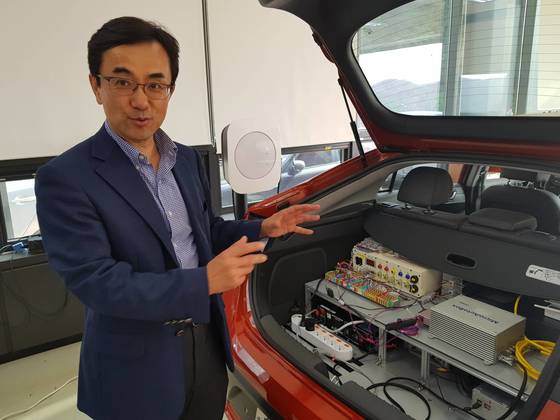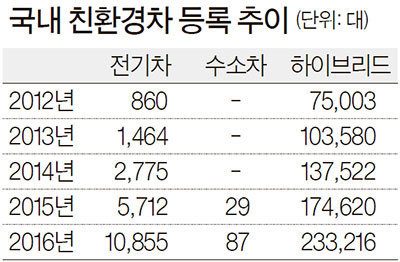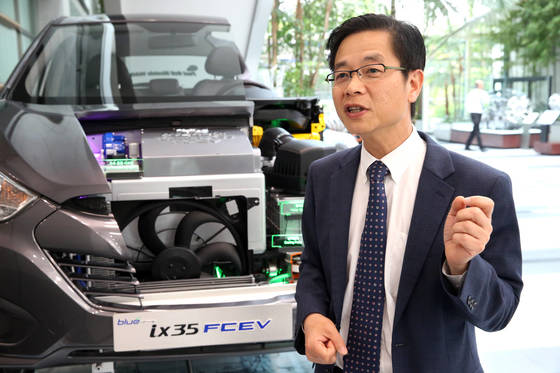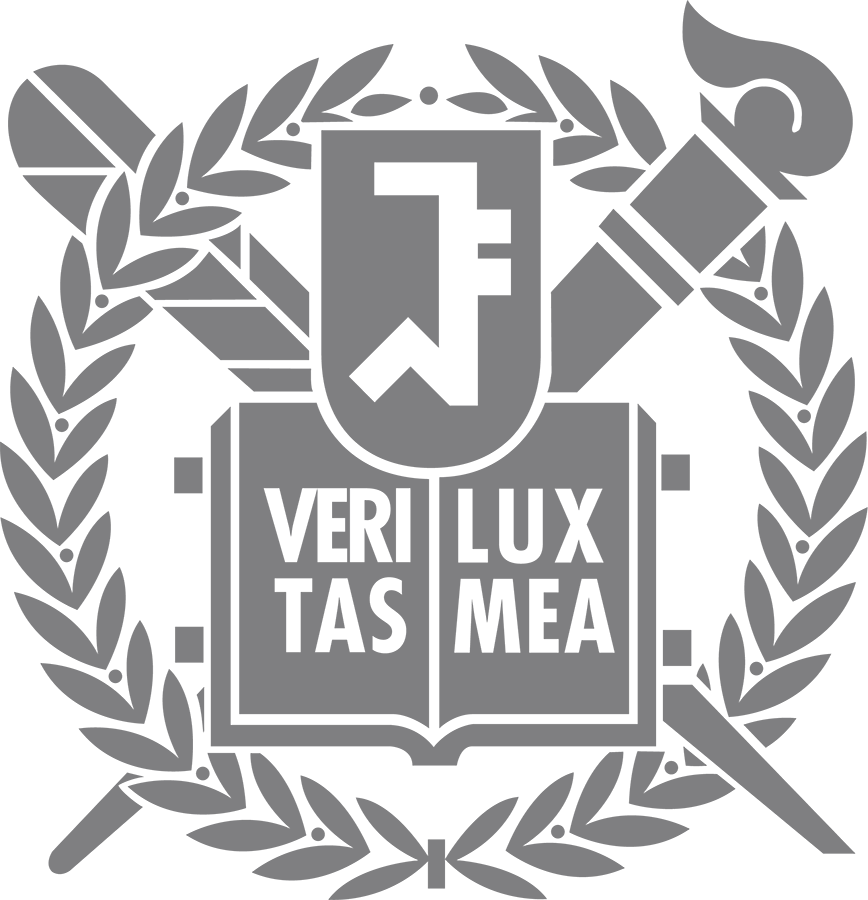Department News
[Joong and Daily] The future of our cars lies in autonomy and hydrogen fueled cars
[Joong and Daily] The future of our cars lies in autonomy and hydrogen fueled cars
Two major trends in the automobile sector's Fourth Industrial Revolution are "green cars" and "autonomous cars." The two pioneers in the field of research and development were interviewed.
Yi Kyong-su (55)/ Professor,
Department of Mechanical and Aerospace Engineering, Seoul National University
Autonomous driving car is a comprehensive art
The government’s collaboration is integral
Will be commercialized by 2020
Kim Se-hoon, HMC director
In charged in the role of Hydrogen car and air purification
Domestic charging station absent as of current
Building Infrastructure

Yi Kyong-su (55)/ Professor, Department of Mechanical and Aerospace Engineering, Seoul National University, is focusing on developing commercial vehicles that can be commercialized. [Reporter]
Yi Kyong-su (55)/ Professor, Department of Mechanical and Aerospace Engineering, Seoul National University, succeeded in running the autonomous highway test for the first time in Korea last May. In April of last year, he received the Best Paper Award in the Society of Automotive Engineers 2017 as a thesis related to autonomous safety control technology. It is awarded to only one of about 2000 automotive papers.
Q What is Korea’s automotive driving technology level?
Autonomous driving technology is divided into radar sensor, camera, and so on. Among these, decision making and control technology is not much behind the world level. However, there are few domestic specialists and lack of technology. Germany and Japan have high level of technology. We have been interested in this field for about 10 years, but overseas development has already begun since the late 1980s. However the technology gap is only about a year or two difference.
Q When can we finally ride an autonomous vehicle?
“The 3-level car that drivers need to intervene in part is expected to be commercialized by 2020. BMW and Tesla will be the first to show off, and Hyundai will be available in 1 to 2 years. A fully autonomous car will be able to run on a motorway by 2025. "

Q The biggest difficulty in the development process is?
"There is no partner to collaborate with. A car is a comprehensive art when it is artistic, and autonomous vehicles need more technology. However, the scope of collaboration is narrow and opportunities are small. In particular, there are too few sensors or autonomous software developers. It is also regrettable that there is not enough space to do the test. The Ministry of Land, Infrastructure and Transport is making the 'K-City', an autonomous driving test city.
Q What the new government should do.
“The government should provide a platform to enable accessibility so that various fields can join forces and and collaborate efficiently. Telecommunications companies, telecommunication companies, university research institutes, and research institutes need to hold hands as well as automobile and component companies. I want the government to provide the link. "

Kim Se-hoon, Hyundai's chief executive officer, produced hydrogen cars for the first time among automakers. [Photo Hyundai Motor]
Hyundai has produced hydrogen fuel cell cars for the first time in 2013. A new hydrogen car will also be introduced to match the Pyeongchang Olympics next year. Kim, a director of fuel cell development at Hyundai Motor, received a Ph.D. in Germany and joined Hyundai Motor in 2003 and has been leading the field research for 14 years.
Q How was the development process?
“"The key is the fuel cell stack (a component that creates electricity by chemically reacting hydrogen in the tank with oxygen in the air). In 2003, when we began our research. Daimler was producing fuel cells. However, it was only about one or two years after a life span of 800 hours. It was said that some miracles had to take place in order to commercialize fuel cells. We were not sure for the first seven to eight years. In 2013, Tucson produced hydrogen cars with steady research. We expect to reach 1000 sales by the end of the year. "
Q The biggest difficulty is?
“Infrastructure issues. Who would buy a hydrogen car without a charging station? There are about 30 charging stations in Germany and more than 80 in Japan. There are 0 in Korea. Japan said that Toyota made a hydrogen car. After the country built infrastructure, it made 80 filling stations in two years. It is possible if we have the will. In fact, the cost of making 10km of a highway is enough to build 200 charging stations. "
Q Why hydrogen cars are an alternative.
"Currently, 500,000 units can be operated even if only the hydrogen generated from the chemical complexes such as Ulsan is converted into fuel. The hydrogen car is also an electric car- after injecting hydrogen to generate electricity, we turn the motor. However, current electric cars do not have pollution in the car itself, but pollution occurs in making electricity for charging. Also, in terms of 'air pollution', hydrogen cars negatively pollute. If 300,000 hydrogen cars travel around Seoul, it is like installing 300,000 large air cleaners. "
Q What the new government should do.
“"Infrastructure investment is urgent. It is not a problem a hydrogen car company or a charging company could solve alone. "
Yoon Jung Min reporter yunjm@joongang.co.kr
Articles shortcut: http://news.joins.com/article/21659666

